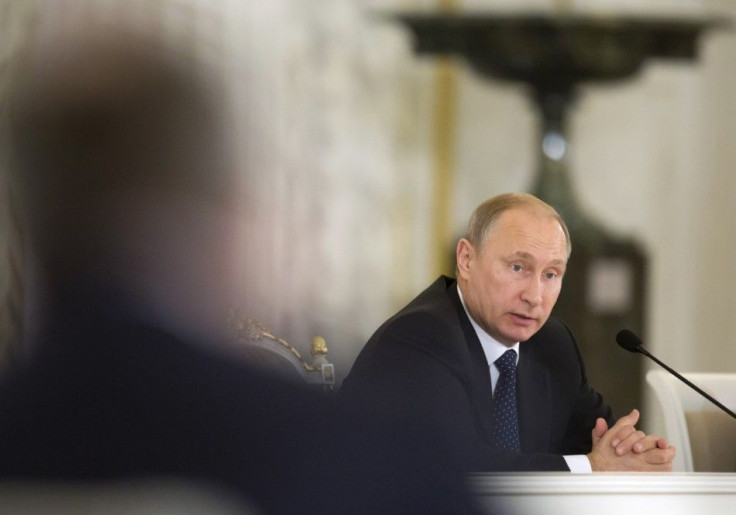Russia Screwed Up Following Sanctions, Possible EU Rift and War Tensions

Russia now faces one of its worst possible economic crises in years. In a desperate move to avoid the freefall, the country's central bank declared that it will push key interest rate up to 17 percent from 10.5 percent. Analysts think this is in vain as the country may not be able to avoid recession on top of the piling tensions in its international relations. Is there no hope for Russia?
The rate hike has been the highest dating back to 1998 according to Slate. The Russian administration and its central bank hope that the higher interest rates will discourage investors from pulling out their money. The New York Times did note that the move should make the deal "too good to refuse." However, this is not the case. Russia continues to see its currency plunge with resolutions still vague. There was one point that the ruble fell as much as 35 percent. This forced the exchange rate to be a 80 rubles per dollar. The currency was able to get back up as the exchange now hovers around 70 rubles.
A country's falling currency is a big problem. For instance, it raises the prices of imports and pushes inflation. Russia may even have more problems as the White House confirms that President Barrack Obama is finally on board to sign the bill imposing more sanctions on Russia and sending aid to Ukraine to fight its forces. According to White House press secretary Josh Earnest (via another The New York Times report): "The president does intend to sign the piece of legislation that was passed by Congress."
He also adds: "But we do have some concerns about that legislation because while it preserves flexibility, it does send a confusing message to our allies because it includes some sanctions language that does not reflect the consultations that are ongoing."
The press secretary also points out that Vladimir's Putin administration brought the problems to themselves: "It's a sign of the failure of Vladimir Putin's strategy to try to buck up his country."
He also adds: "Right now, he and his country are isolated from the broader international community."





















